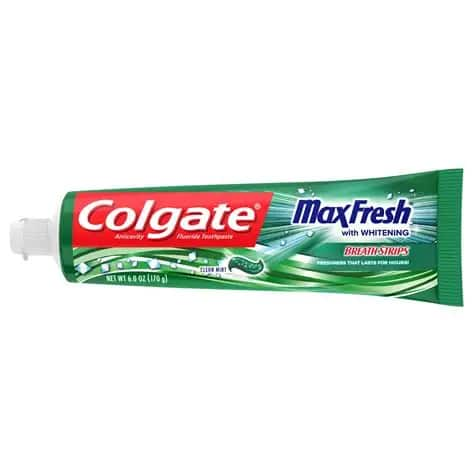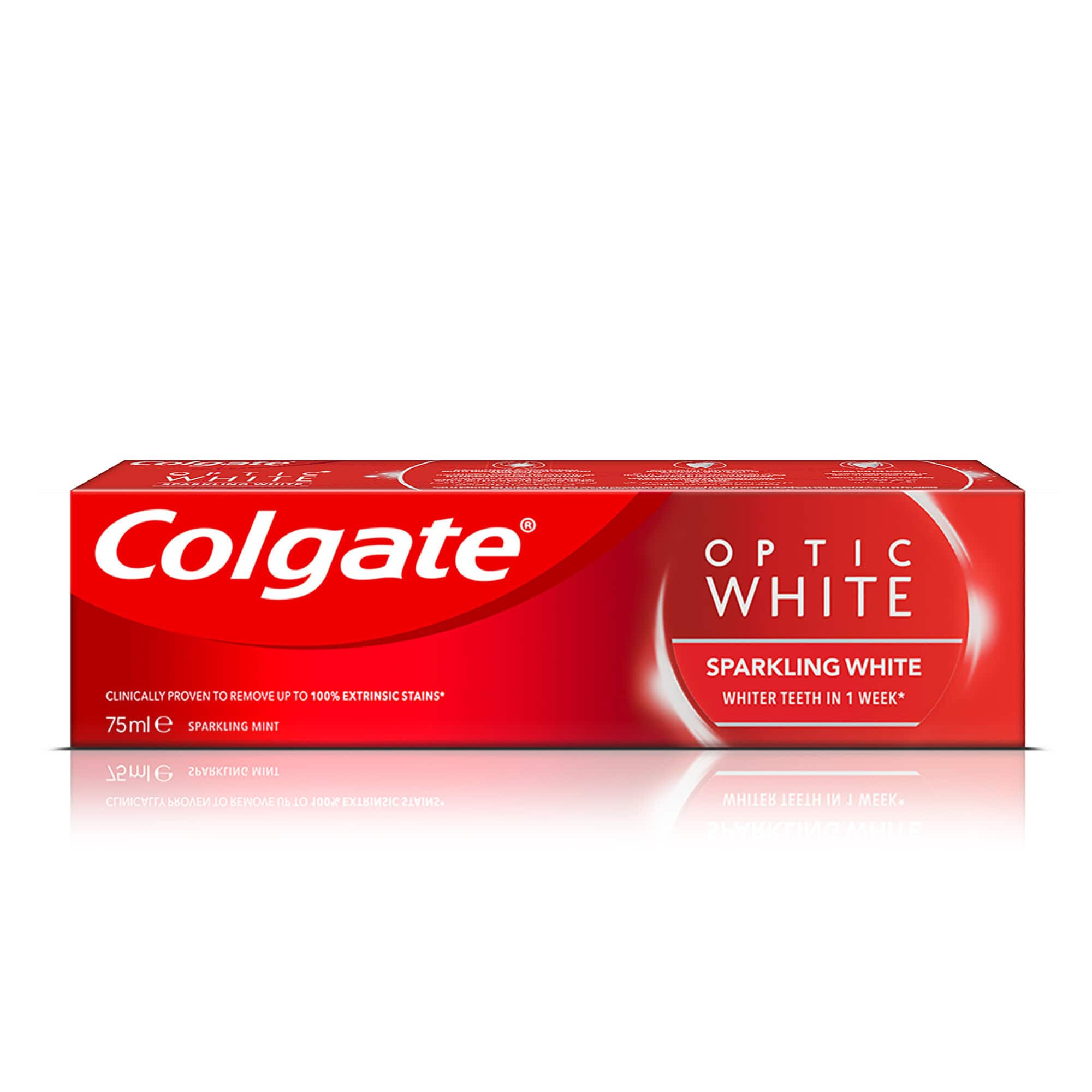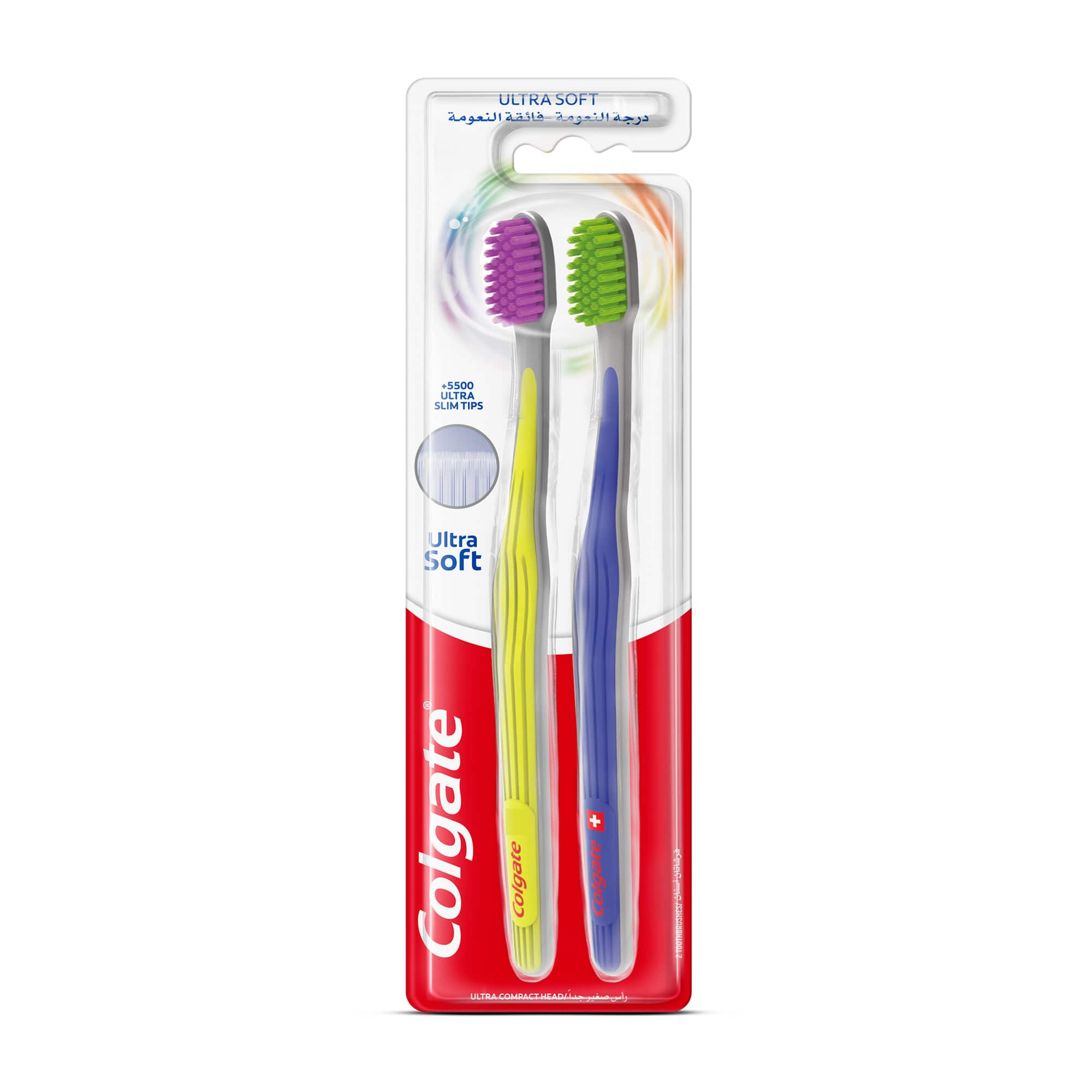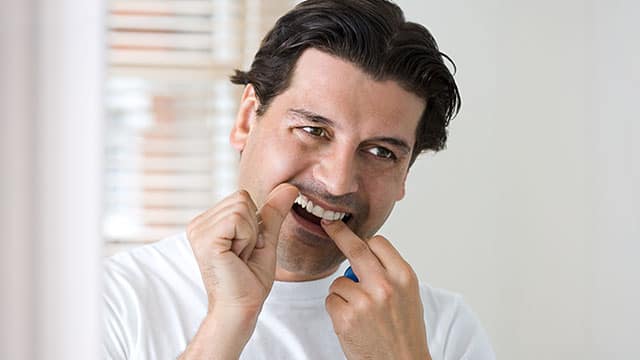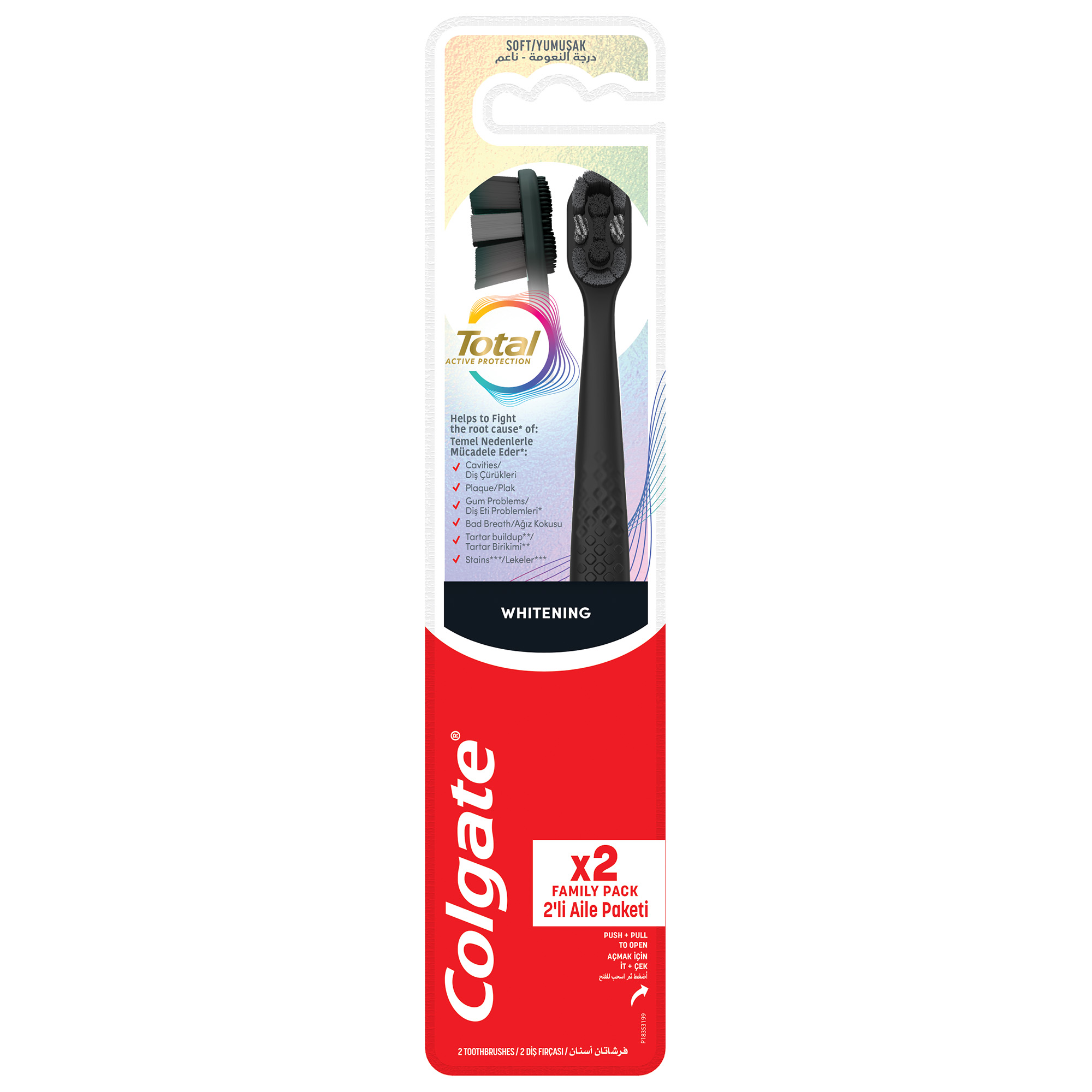What Causes Plaque on Teeth?
What causes plaque? It’s bacteria. Some bacteria are actually good. And some build up on your teeth’s surfaces to form a plaque biofilm, often at your gumline. While it’s normal and expected, you want to prevent it from mingling with sugar. The bacteria feed on sugars, producing acids, which can create problems for you and your mouth.
Why You Should Care About It
With plaque buildup or excessive plaque, a few concerns may occur. They include:
Tooth decay:
If plaque on your teeth builds up, those acids can wear away on your teeth’s enamel and lead to cavities. If these acids aren’t cleaned off, they can continue to the pulp of the tooth.Tooth abscess:
Ignoring plaque can eventually lead to an abscess or bacterial infection inside the tooth. Preventing an abscess starts with removing plaque daily.Tartar:
If you don’t brush or floss regularly, plaque can also harden into tartar, which can stain your teeth yellow or tan. Brushing and flossing alone won’t get rid of tartar, so you’ll need to see your dental professional to remove tartar buildup.Gingivitis and periodontitis:
Plaque can also cause your gums to inflame, leading to gingivitis or periodontal disease.
How Do You Treat Plaque on Teeth?
You will never stop plaque from forming, but try these few simple ways to remove it so you can avoid complications like tooth decay and tartar.
Floss daily
or use an interdental cleaning device to remove plaque and food particles from between teeth.Use fluoride toothpaste
to help strengthen the enamel and protect teeth from decay.Brush twice a day
for two minutes to eliminate most plaque.Use an antibacterial mouthwash
to help control plaque buildup.Avoid sugary foods and drinks
to help prevent tooth-decaying acid from forming on teeth.
According to the American Dental Association (ADA), chewing sugar-free gum and rinsing your mouth with water after meals can also help.
How Do You Prevent Plaque In The Future?
Regularly visit your dental professional to help minimize plaque buildup and prevent tartar from forming. A dental hygiene appointment can remove the plaque and tartar from your mouth’s nooks and crannies that you couldn’t reach. Schedule an appointment today if you have concerns about plaque prevention.
